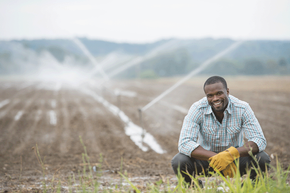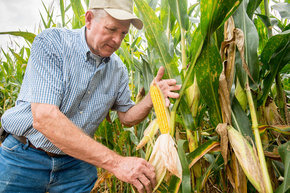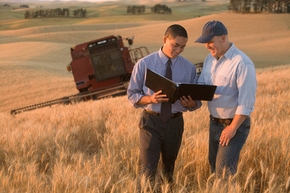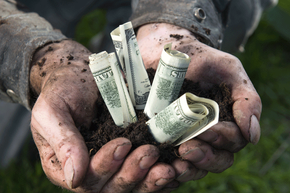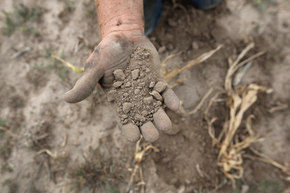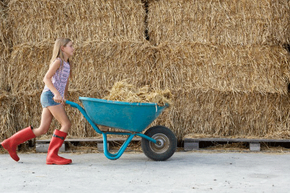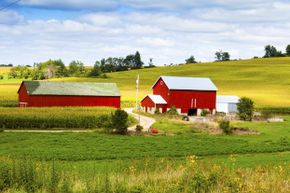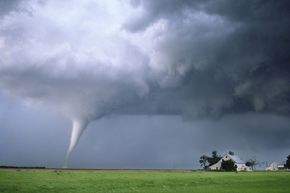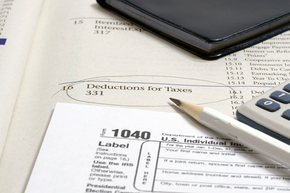Many of us have dreams of leaving the rat race behind and cultivating our little plot of land in the country. We'd have a few cows, a few chickens -- heck, we'd even grow our own produce and make bread from the wheat we harvest.
We'd never make it.
Advertisement
The life of a farmer is obviously not the same as the life of a trust-funder with a lot of time to kill, or even the homeowner with a 9-to-5 job and a raised bed out back. Even the IRS gets it -- and they're not exactly known for being the most understanding government organization. Farmers receive some interesting tax breaks or relief due to the unpredictable (and often difficult) nature of their business. So let's get our hands dirty and start by learning just how the IRS classifies farms.
